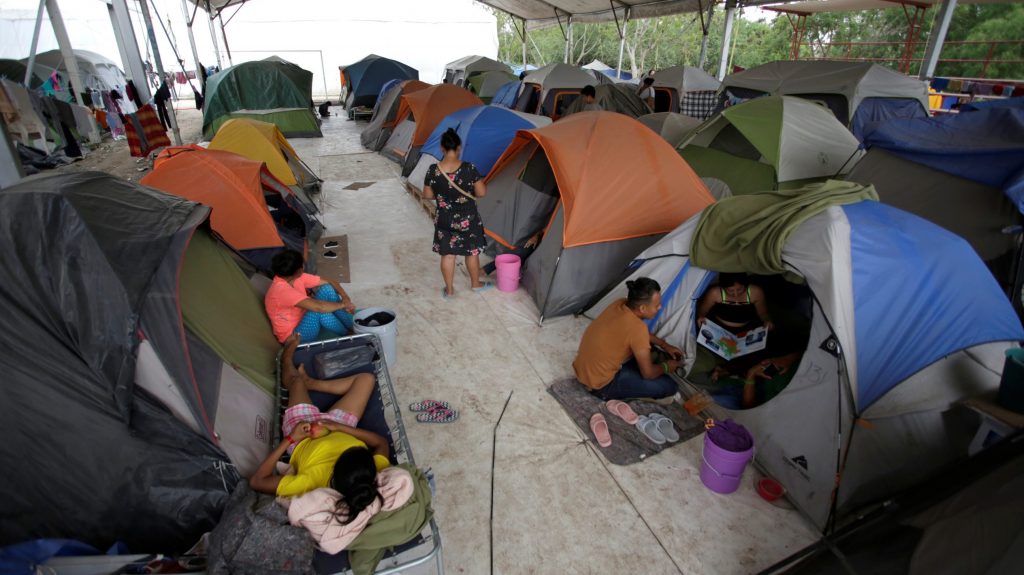A network of church and civil organizations called on world leaders to make sure migrants and refugees were cared for during the coronavirus pandemic.
In a statement released in early April, the Civil Society Action Committee said that many essential service workers in health care, sanitation and transportation are migrants.
However, despite their work, many find themselves in precarious situations due to their legal status and that jeopardizes not only their lives but also their families, the committee said.
"A fully inclusive, whole-of-society approach is essential to an effective response to this pandemic," the organization said. "As leaders and organizations of civil society around the world -- many of us ourselves migrants and refugees or their children and grandchildren -- we urgently call on states and government authorities at all levels to protect migrants and refugees in this crisis."
The committee includes many Catholic organizations, such as the International Catholic Migration Commission and Caritas Internationalis, as well as organizations like the International Federation of Red Cross and Red Crescent Societies.
Guided by the overarching principle "First, save lives," the Civil Society Action Committee offered several suggestions to help countries combat the spread of the virus among migrant and refugee communities.
"Without discrimination, migrants and refugees have a right to the highest attainable standard of health and should be entitled to protection for themselves and their families, including having access to testing and early detection for COVID-19, and the possibility to apply physical distancing, self-isolation and other appropriate health measures," the organization said.
The coronavirus makes no distinction of one's citizenship, so government officials must "take the lead in respecting nondiscrimination and ensuring equal treatment for all, regardless of migration status."
"Exclusionary public policies, especially based on migration status, make migrants and refugees more vulnerable," the statement said, "and health professionals agree that such policies and responses undermine public health efforts to protect everyone."
Governments and public officials should instead partner directly with migrant and refugee communities to better inform, engage and respond to the needs of those within those groups who are most vulnerable, including women, unaccompanied children, the elderly and the disabled.
Other strategies include alleviating crowding in refugee camps or migrant settlements where physical distancing is limited, the immediate release of migrants and asylum-seekers who are detained for immigration-related reasons and the protection of labor rights and the health and safety of migrant workers and their families.
"Because this pandemic affects everyone, we have the possibility, all of us -- including migrants and refugees -- to achieve these solutions together, in a new solidarity. So, let us meet this moment together: with solutions and solidarity," the Civil Society Action Committee said.

